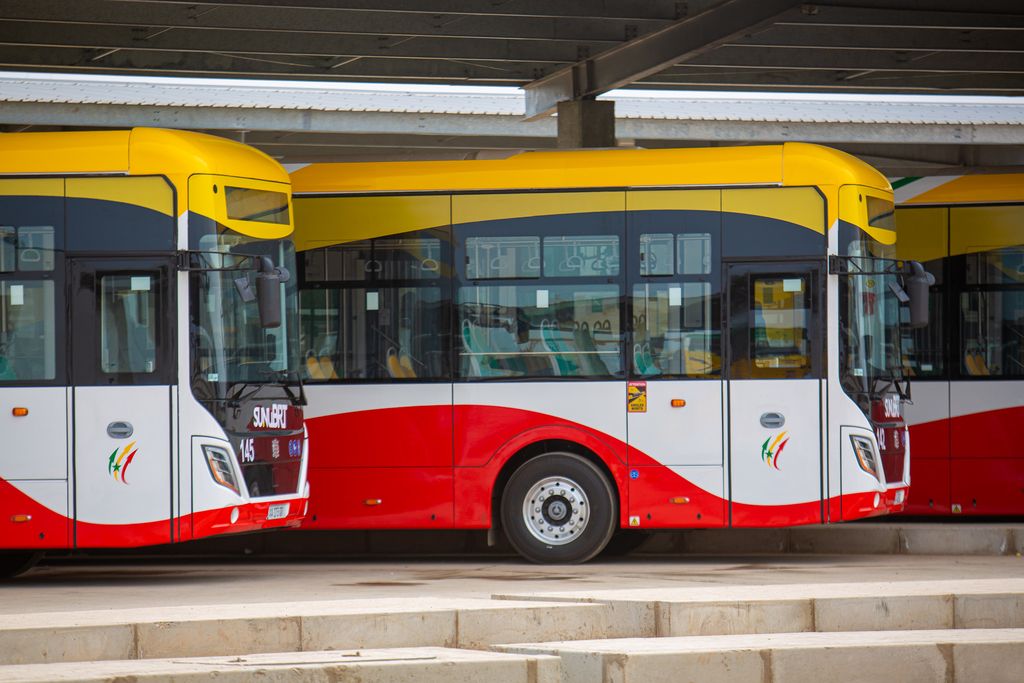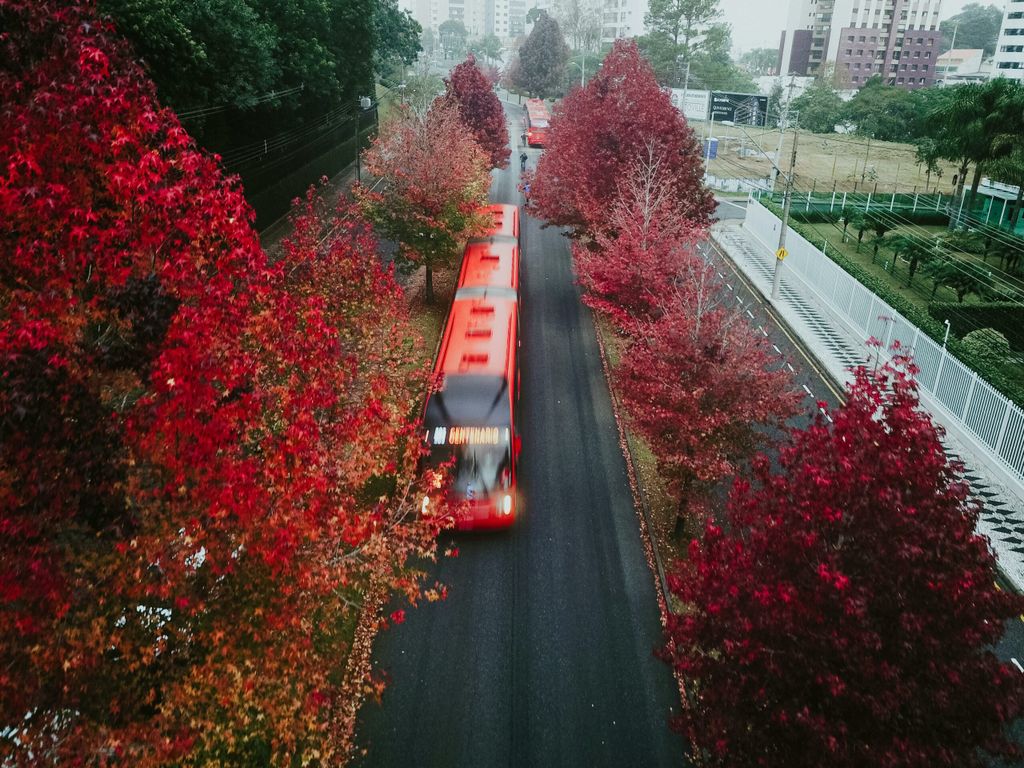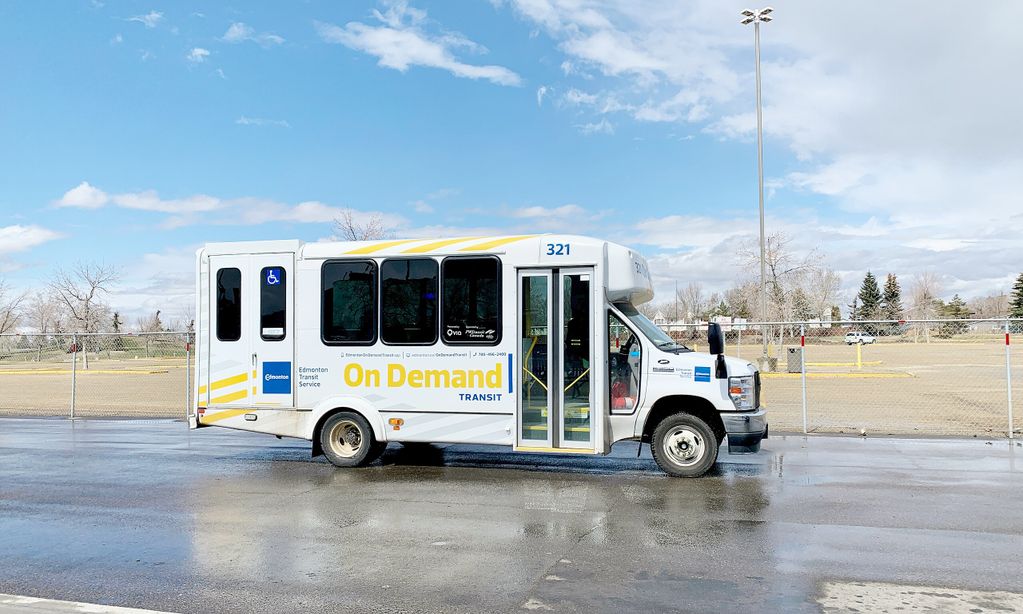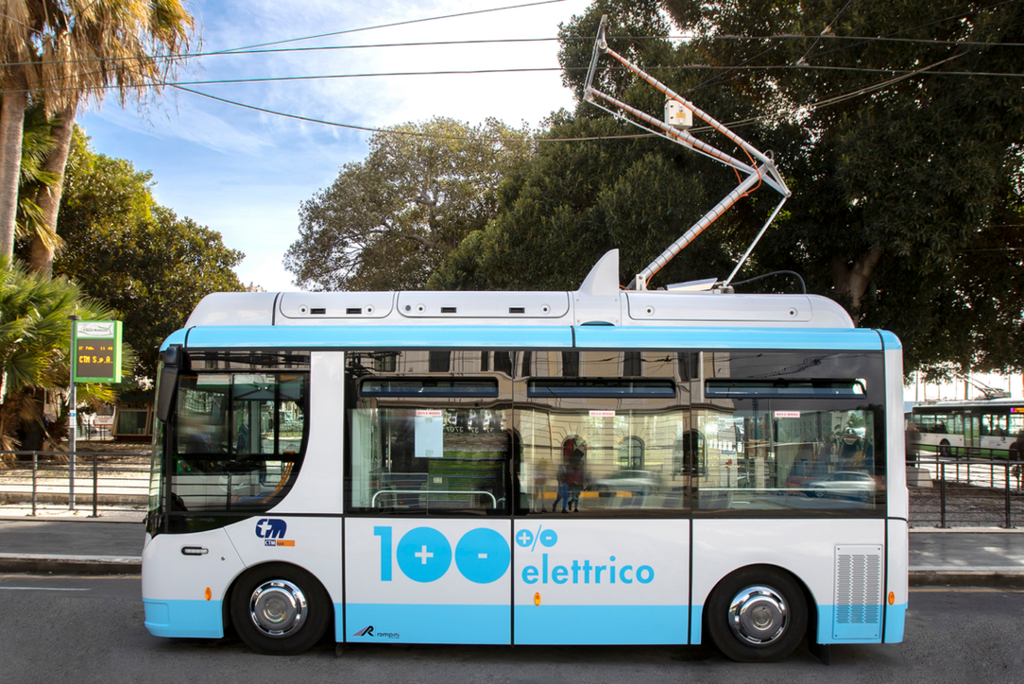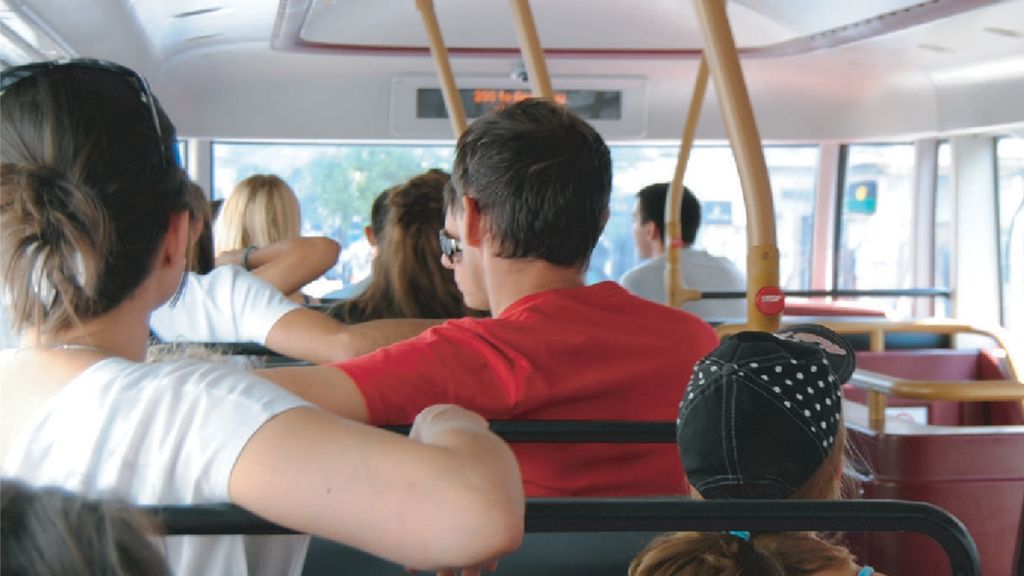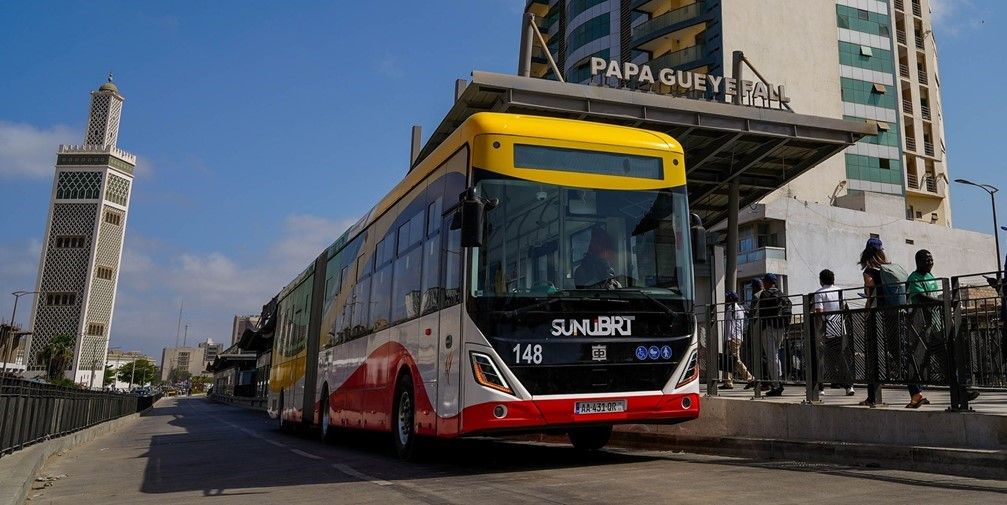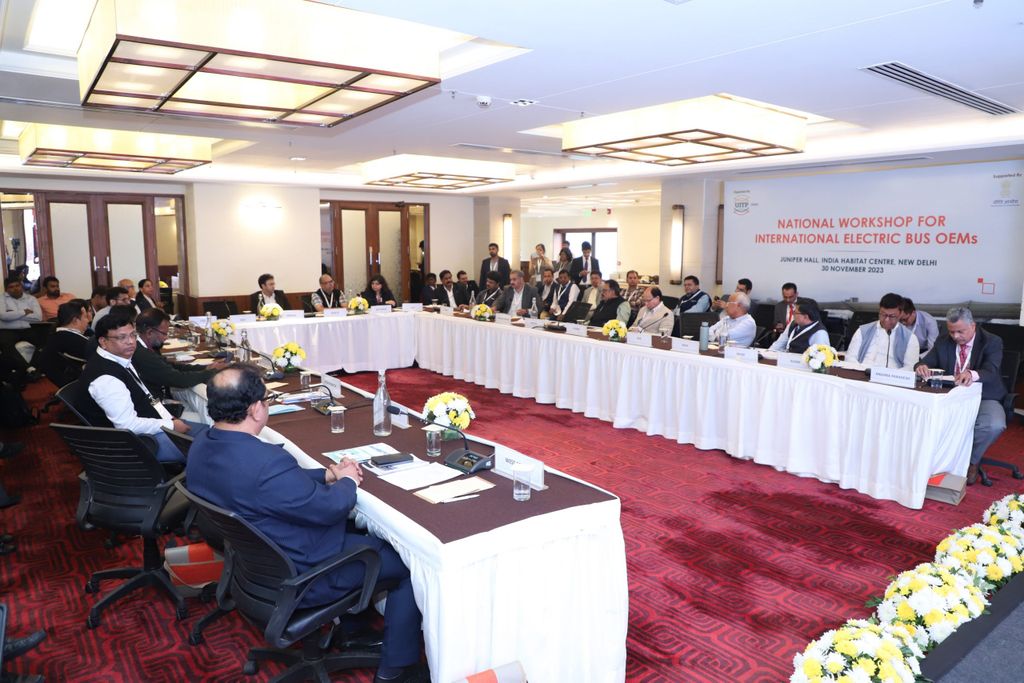
Enhancing the E-bus Manufacturing Ecosystem: National Workshop for International Electric Bus OEMs
UITP India, with the support of NITI Aayog, organised the ‘National Workshop for International Electric Bus OEMs’ on 30 November 2023 in New Delhi. The workshop aimed to provide a common platform for International Electric Bus (E-bus) Original Equipment Manufacturers (OEMs) and key stakeholders from India, including state governments, central government ministries, and regulatory bodies involved in the growth story of electric mobility in India. The goal was to provide a platform for presenting an overview of both the supply and demand sides of the e-bus ecosystem, fostering holistic discussions to enhance the supply ecosystem of e-buses in India.
Insights into India’s E-bus Ecosystem
More than 60 delegates participated in the one-day workshop, representing three main stakeholders – Central Ministries, State governments, and OEMs. Apex Central Government regulatory bodies, namely the Ministry of Housing and Urban Affairs (MoHUA), the Ministry of Heavy Industries (MHI), and Convergence Energy Services Limited (CESL), highlighted India’s national schemes and policies that promote the manufacturing and deployment of e-buses in the country.
Officials and policymakers from eight State Industrial and twelve State Transport departments provided comprehensive overviews of their State policies and plans for the induction of electric buses in their city and state-level fleets in the next few years. Different OEMs and component manufacturers, located nationally and globally, actively participated in the workshop due to their keen interest in the growing and expanding Indian e-bus market.
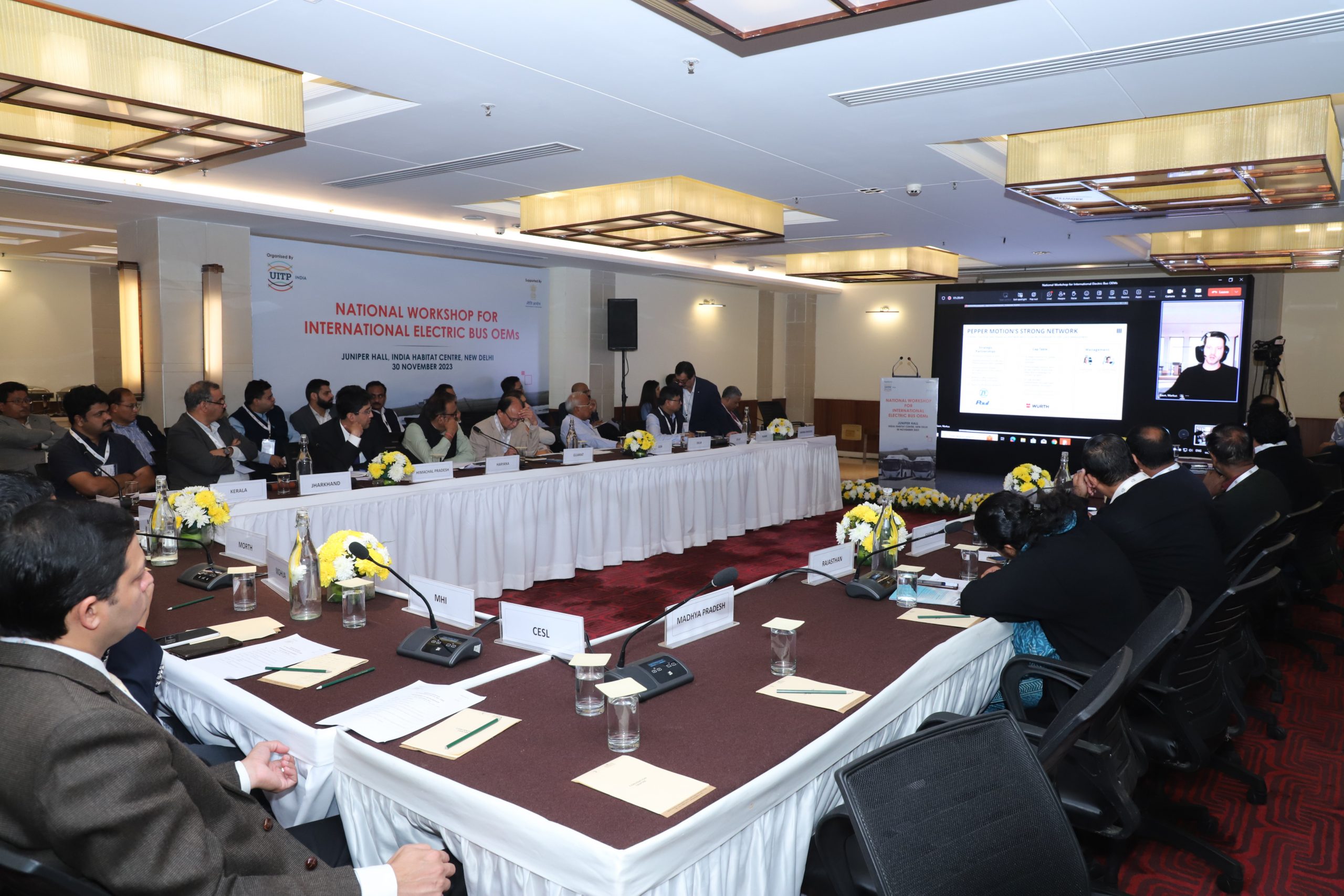
Government Readiness and Schemes
Ms. Rupa Nandy, Head of UITP India, initiated the workshop, followed by a welcome and context-setting from Mr. Sudhendu J. Sinha, Advisor, NITI Aayog. He briefly outlined India’s focus on decarbonising the transport sector through the adoption of clean transport modes and enhancing measures for the public transportation system. He emphasised India’s innovative policies and initiatives to increase bus-based transportation through the deployment of e-buses, providing an opportunity for State Transport Undertakings (STUs) to revamp their bus services. Recognising that the current market supply capacity cannot fulfill the market demand for e-buses, Mr. Sinha laid out the context for international OEMs to consider entering the Indian market when Foreign Direct Investment opportunities are at their best, and there is a huge demand for e-buses in India.
The first session, “Government readiness on E-bus Ecosystem,” began with an address from Mr. Surendra Kumar Bagde, IAS, Additional Secretary, Ministry of Housing and Urban Affairs. He enlightened the participants about the recently launched Prime Minister E-bus (PM-eBus) Sewa Scheme, aiming to augment city bus operation by 10,000 e-buses on a PPP model with support for bus operations for 10 years. He emphasised the scheme’s benefits to cities and the demand requirements from E-bus manufacturers.
Mr. Gaurav Joshi, Deputy Secretary, Ministry of Heavy Industry (MHI), discussed three major schemes from the ministry – Faster Adoption and Manufacturing of Hybrid and Electric Vehicles (FAME) scheme, the Production Linked Incentive scheme for automobile and components, and the National Programme on Advanced Chemistry Cell (ACC) Battery Storage that provide a suitable ecosystem for nurturing the transition to electric mobility.
Mr. Rajneesh Rana, Head, CESL, spoke on the progress of the 50,000 electric buses aggregation, where 16,000 buses are tendered out or at deployment stages. He emphasised the significant opportunity for international OEMs to enter the Indian electric bus market and collaborate with States, Ministries, and CESL in the transformative journey of clean mobility in India.
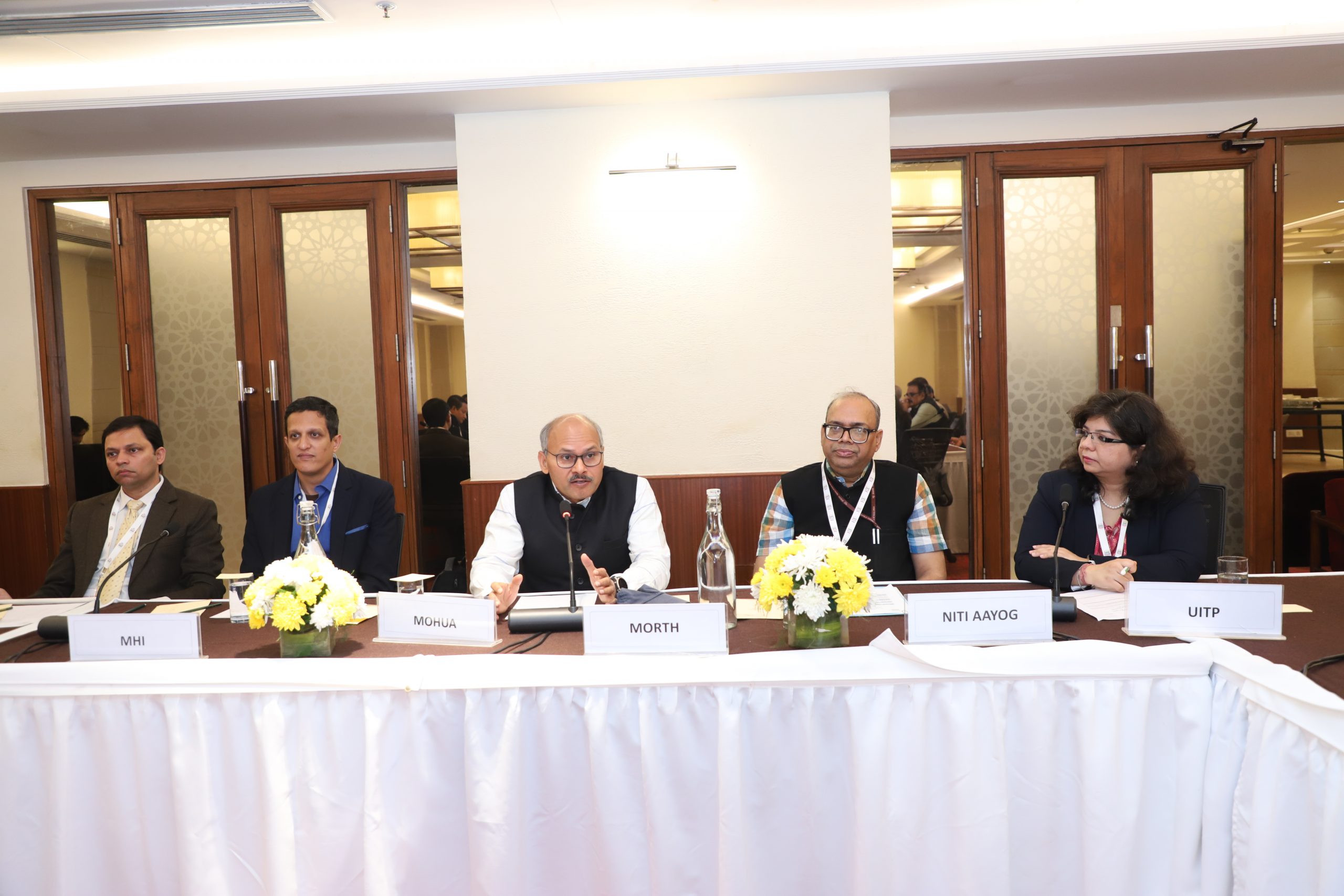
Fostering Supply Side Ecosystem: Offerings from International OEMs
The second session, “Introduction to the International OEMs & Components Manufacturers,” had International OEMs present their company profiles, strengths in e-bus manufacturing businesses, and their offerings to the States in India.
This included OEMs such as IVECO – France based manufacturer, with their urban and intercity buses, tourist coaches and minibuses; Alexander Dennis, Canada/UK based manufacturer of Double Decker and Light Weight buses; Hitachi Energy, a Switzerland based component manufacturer serving several products and services including Transformers, semiconductors, onboard equipment, SCADA and Control Systems; and Bozankya, a Turkey based manufacturer of E-buses, trolley buses, tram buses, automotive and rail systems and several others who are pioneer in manufacturing of e-buses and other associated services.
Providing a brief overview of their products and services, the OEMs interacted with States and Ministries to share their queries, challenges, the need for localisation, customised products for Indian cities, and the support available from the State for establishing a new manufacturing facility. The States, both industries and the transport department, also expressed their requirements to the OEMs regarding products available that can fulfill the requirements according to local conditions and the future scope of collaboration.
Demand Side Preparedness: Nurturing Manufacturing System
The session on the State’s Industries Department Readiness for the E-bus Ecosystem featured engaging presentations from nine states – Andhra Pradesh, Assam, Bihar, Haryana, Kerala, Madhya Pradesh, Rajasthan, Tripura, and West Bengal, focusing on the respective state industrial policy, electric vehicle policy, and investment opportunities for manufacturers. The presentations emphasised ease of doing business, the number of manufacturers already present in the state, availability of land, industry licensing, and skill development measures.
Following the Industries department, the State Transport Department from 12 States – Andhra Pradesh, Assam, Bihar, Haryana, Himachal, Jharkhand, Kerala, Sikkim, Telangana, Tripura, Uttar Pradesh, and West Bengal – presented the State Electric Vehicle Policy, the current e-bus fleet, future requirements for fleet type, and fleet expansion in the session ‘State’s Transport Department/STUs Readiness to the E-bus Ecosystem.’
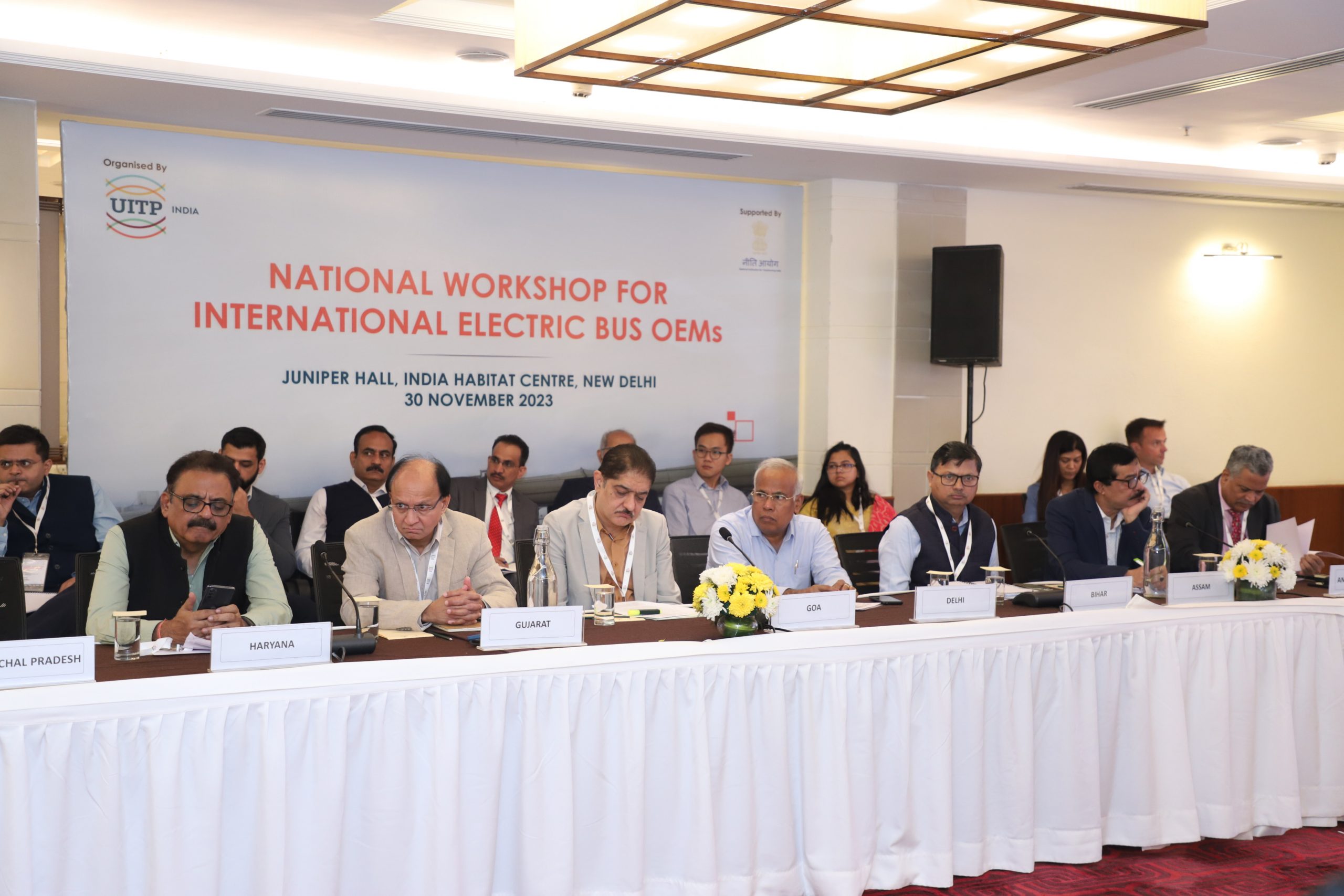
Mr. Sudhendu J Sinha, Advisor, NITI Aayog, concluded the workshop by emphasising the importance of taking today’s rich discussion and dialogue forward through one-to-one engagement between States and international OEMs, supporting the improvement of the supply side readiness for E-buses in the future.
The detailed report of the workshop proceedings can be downloaded here – Report-National Workshop for International E-Bus OEMs




